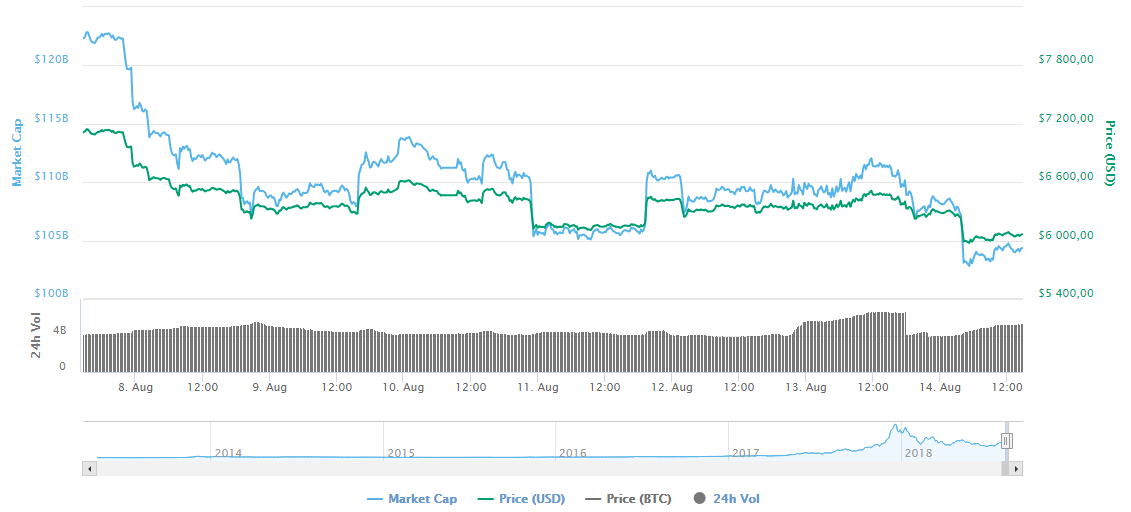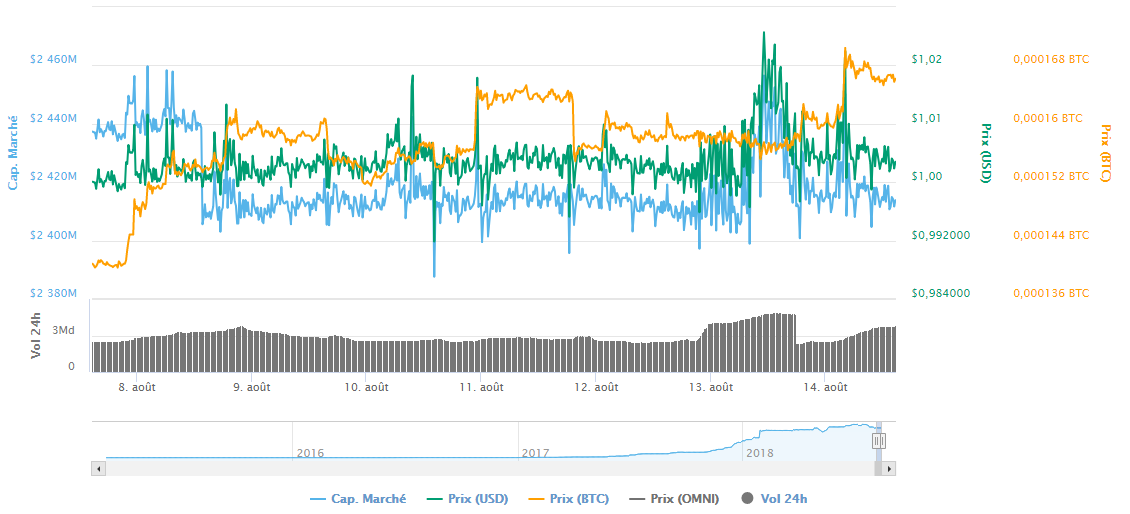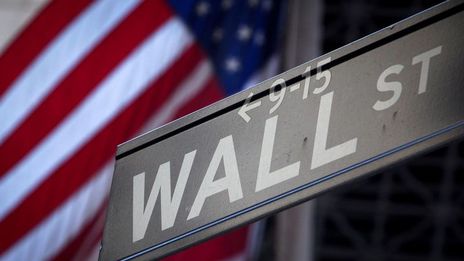The cryptocurrency was created in 2015, and was originally called Realcoin. The tokens are issued by Tether Limited, a company incorporated in Hong Kong, with offices in the US.
Following the announcement of the new release, the Bitcoin went from $6,109 to $6,458 in two days, fueling rumours that Tether is a tool to manipulate the price of the Bitcoin. Indeed, many believe that there is a connection between USDT issuance and Bitcoin price fluctuations. A recent study from the University of Texas looked at Tether activity over the last two years and concluded that the price patterns are "most consistent with the supply-based hypothesis where Tether is used to provide price support and manipulate cryptocurrency prices".
Also according to persistent rumors, the ratio USD/Tether is alledgedly not respected, and the reserve would be only fractional. Even though Tether insists that all its Tokens are backed by US dollars, which it would hold in reserve, regulators seem to remain skeptical, with the Commodity Futures Trading Commission (CFTC) summoning Tether and Bitfinex in December.
To this date, Tether has yet to submit to a public audit confirming its level of reserves. However, in June, the company published a document on its website entitled "Proof of funds," allegedly showing that it had the required reserves, although this was not as part of an official audit. However, the names of the banks were blacked out, which only adds to the confusion.
Let’s hope that this "Proof of funds" confirms the viability of Theter, as any issue with it could have a devastating knock-on effect on the exchanges that see most of their volumes traded against the cryptocurrency.

 By
By 





















